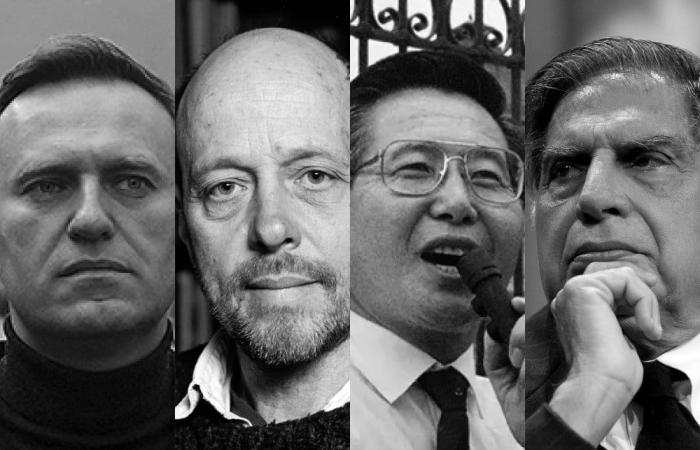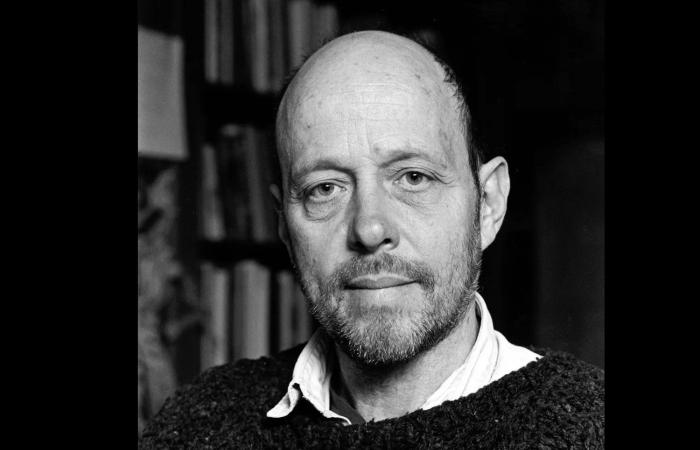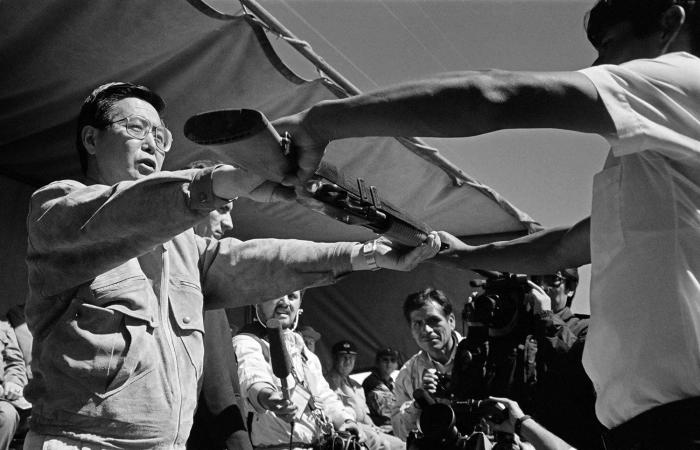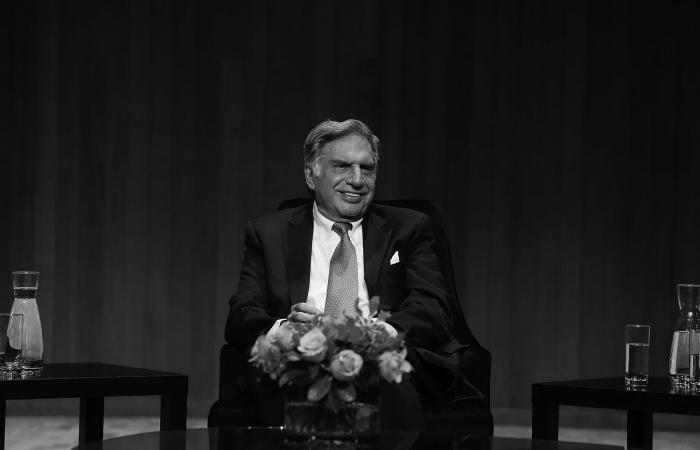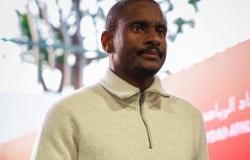Several influential figures in world politics died in 2024, from jailed Russian opposition leader Alexei Navalny to former Peruvian President Alberto Fujimori. Foreign Policy considered their lives and legacies—and how they shaped the world.
Here are four notable FP obituaries from 2024.
1. Alexei Navalny Wanted to Make Russia a ‘Normal Country’
By Amy Mackinnon, Feb. 16
Russian opposition leader Alexei Navalny participates in a march in memory of Russian politician and opposition leader Boris Nemtsov in Moscow on Feb. 24, 2019. SEFA KARACAN/ANADOLU AGENCY/GETTY IMAGES
“Charismatic, controversial, and unquestionably brave, Navalny and his team doggedly exposed corruption among the country’s political elite, including by Russian President Vladimir Putin himself,” Foreign Policy’s Amy Mackinnon writes of the late Russian opposition leader.
That bravery and refusal to back down from challenging the highest levels of power—even after he was poisoned with the potentially lethal nerve agent Novichok in 2020, an attack traced back to the Russian security services—garnered Navalny significant support among ordinary Russians and especially young people, whom he exhorted to take to the streets to express their outrage at the political corruption that he and his team’s investigations uncovered.
But an authoritarian regime will sit back and let that happen for only so long. Upon his return from a short period spent abroad recovering from the poisoning, Navalny was promptly arrested and imprisoned. “Convicted on a range of charges widely regarded as politically motivated, including one for extremism, Navalny was sentenced to nearly two decades in the Russian penal system. He would never emerge,” Mackinnon writes.
Navalny died in February in a Russian penal colony in the Arctic Circle at age 47. Yet as Mackinnon’s obituary suggests, though his life was cut short, his message may yet endure.
2. James C. Scott Trampled Across Borders to Explain the World
By David Polansky, July 31
James C. Scott in an undated photo. MICHAEL MARSLAND/YALE UNIVERSITY
The name James C. Scott may not be as well-known as the others on this list, but political theorist David Polansky argues that Scott, an American political scientist and anthropologist who died in July at age 87, was “among the most influential intellectuals of the last half-century.”
Polansky’s obituary sketches the contours of Scott’s substantial body of social science scholarship and the philosophical and practical questions that drove Scott’s relentless pursuit of understanding. “Starting with The Moral Economy of the Peasant in 1979 and continuing through to his last published work, Against the Grain in 2017, Scott’s topics ranged from German forestry to Malaysian villages, unified by a thematic concern with how centralized forms of control are both exerted and resisted,” Polansky writes.
Though clearly a fan of Scott’s work, Polansky doesn’t shy away from pointing out some of its contradictions and shortcomings. Yet he concludes, “In the end, his corpus survives both its own flaws and others’ critiques, because of how it reshapes the way its readers see their world. Of how many writers in this—or any—age can you say that about?”
3. Alberto Fujimori Transformed Peru—for Better and Worse
By Mitra Taj, Sept. 12
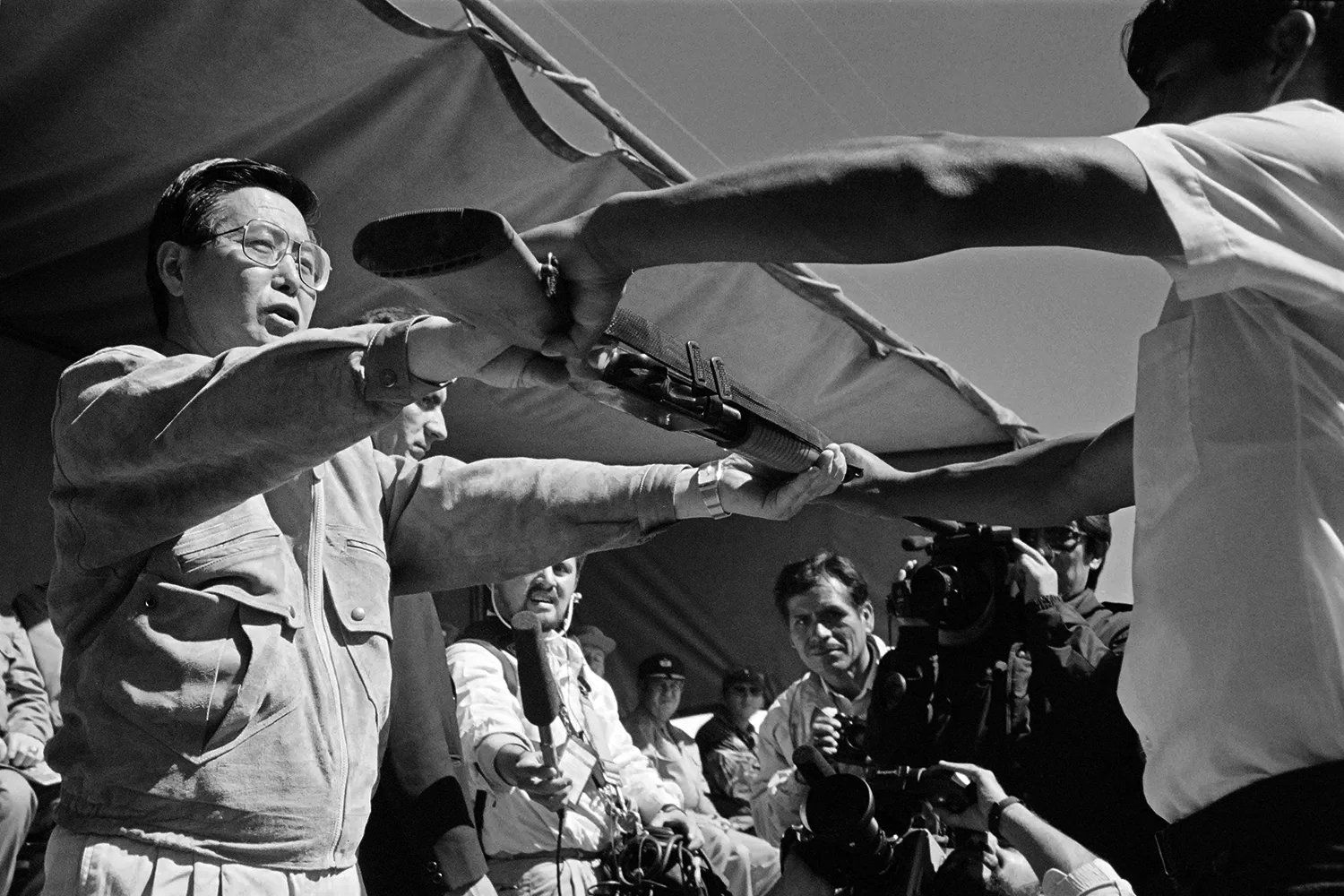
Peruvian President Alberto Fujimori hands a weapon to a resident in Huancayo, a city in the Andes, to help them fight the Shining Path leftist rebels on June 23, 1991. MARC THIBAULT/AFP VIA GETTY IMAGES
“No leader since Fujimori has reshaped Peru as much as he did—or left as divisive a legacy,” Lima-based freelance journalist Mitra Taj writes in her masterful obituary of the former Peruvian president, who died in September at age 86.
“During his two terms in office, bookended by his sudden rise to power in 1990 and his resignation via fax from Japan in 2000, Fujimori restructured Peru’s economy, rewrote its constitution, and reordered politics and institutions around support for his increasingly corrupt and authoritarian regime,” Taj writes. He defeated the Shining Path guerrillas and effectively ending a 12-year insurgency that rocked the country, but he also oversaw paramilitary death squads that were accused of torturing, disappearing, and massacring civilians.
Taj traces Fujimori’s life from his rise to power to his ultimate downfall, as well as his lasting impact on the country that he ruled for a decade.
4. Ratan Tata’s Three Lessons for India
By James Crabtree, Oct. 23
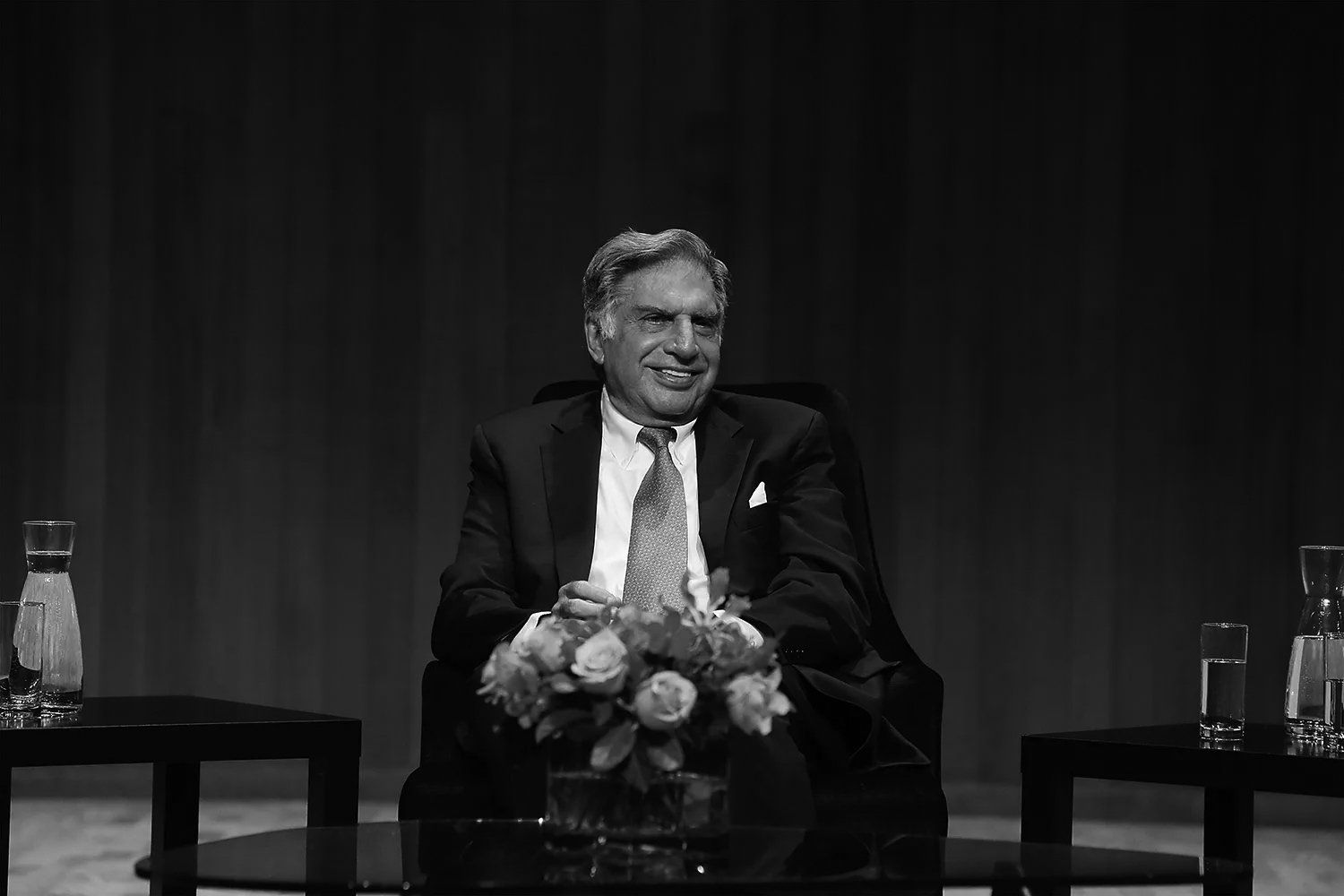
Ratan Tata, then-chairman of Tata Group, on Nov. 27, 2012. STEVE CHRISTO/CORBIS VIA GETTY IMAGES
“Ratan Tata, who died on Oct. 9 at the age of 86, held a unique place in India’s business pantheon. Part industrial titan, part venerated secular saint, his ability to combine global success with a reputation for ethical probity was seen to represent the best of the country’s business culture,” Foreign Policy columnist James Crabtree writes in his thoughtful retrospective of the late Indian tycoon’s life and legacy.
“Yet as India’s commercial scene grew ever more rapacious and its burgeoning band of billionaires ever wealthier, Tata often looked less like the leading representative of modern Indian capitalism and more like a singular exception to it,” Crabtree continues.
Drawing in part on conversations he had with Tata while working as a foreign correspondent in India in the 2010s, Crabtree examines the arc of Tata’s career and the lessons it offers for India’s economic and political future.

